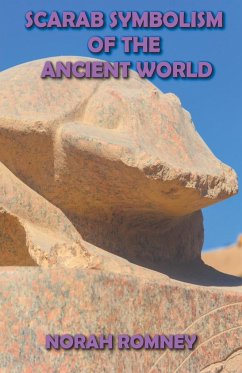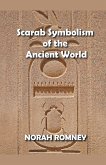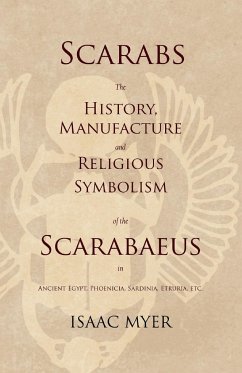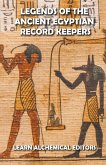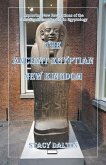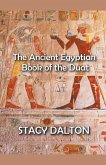A scarabaeus symbol embodied an elevated religious idea in ancient Egypt, encompassing the Soul's future life, its resurrection from the grave, and most likely its reward or punishment in the next life, depending on its conduct. From the earliest historical knowledge about Ancient Egypt, scarabaeus models pre-existed as symbols of new life and the future eternal life of the triumphant or justified dead. There is an inscription on the lid of the coffin of Men-Kau-Ra, king of the fourth Memphite Dynasty (circa 3633-3600 B.C.) and builder of the Third Pyramid at Giza, confirms that many of the most elevated conceptions of the Per-em-hru, also known as the Book of the Dead, were accepted as truths. During this early period of Osiris' life, the dead One became a living being. In most cases, it predates Mena, the first king of Egypt in history. Based on our current understanding of ancient Egypt's history and thought, it is impossible to predict when his period existed. There is no information available about the indigenous people of Egypt. It is certain that the group known as the Egyptian originated in Asia and was Caucasian in origin. The invader arrived in the Valley of the Nile with an elevated form of religious belief.
Hinweis: Dieser Artikel kann nur an eine deutsche Lieferadresse ausgeliefert werden.
Hinweis: Dieser Artikel kann nur an eine deutsche Lieferadresse ausgeliefert werden.

